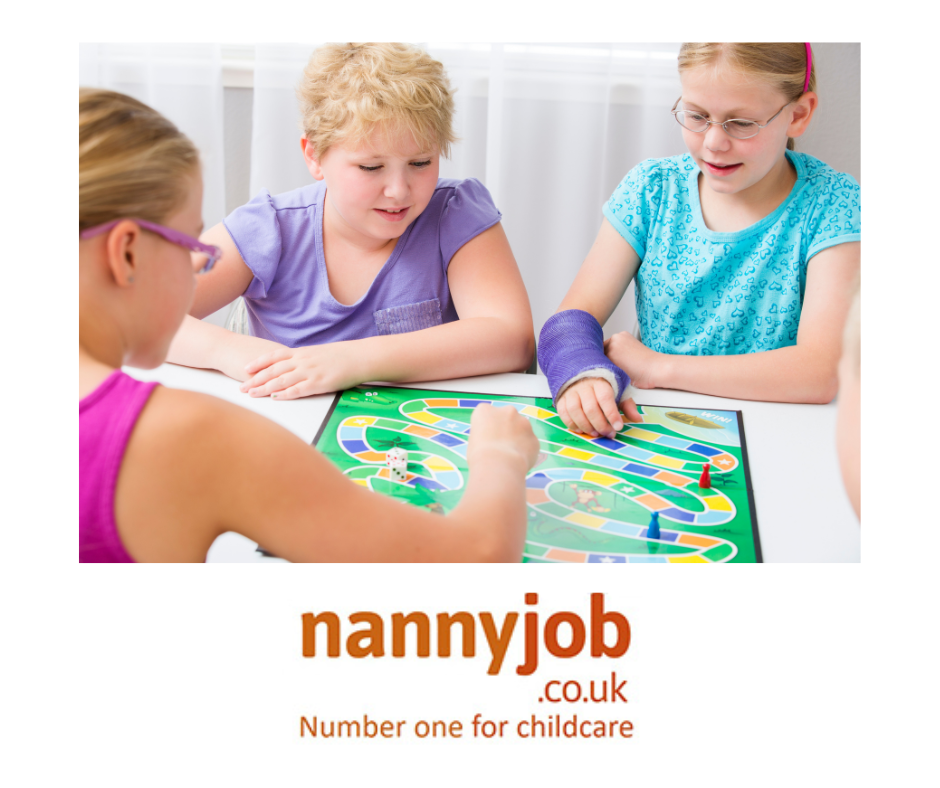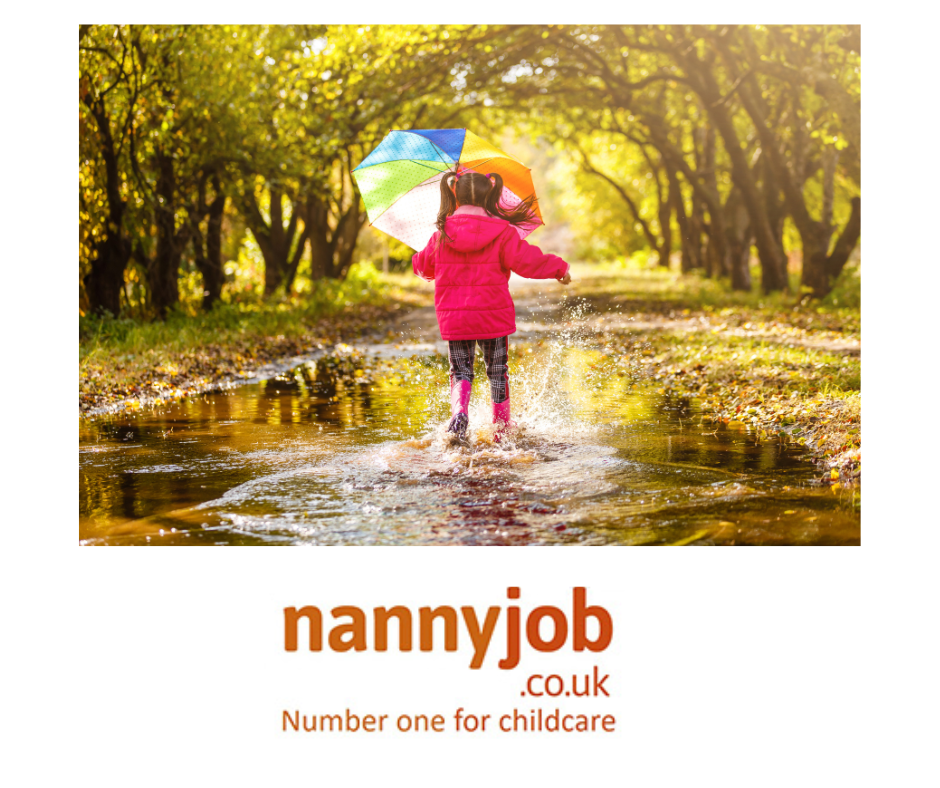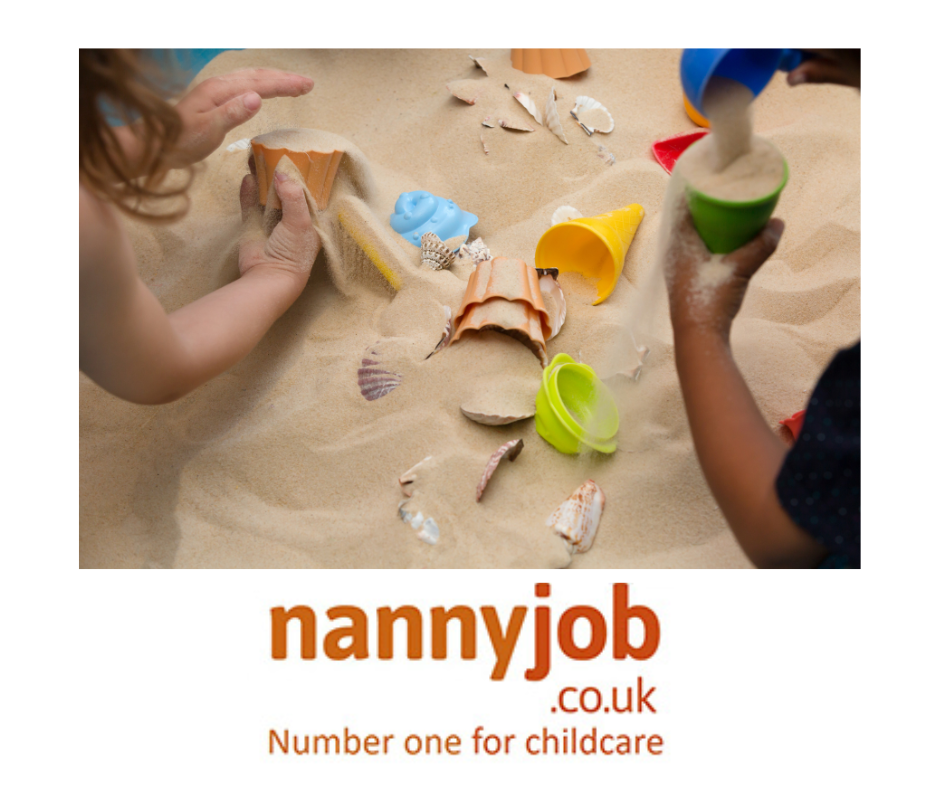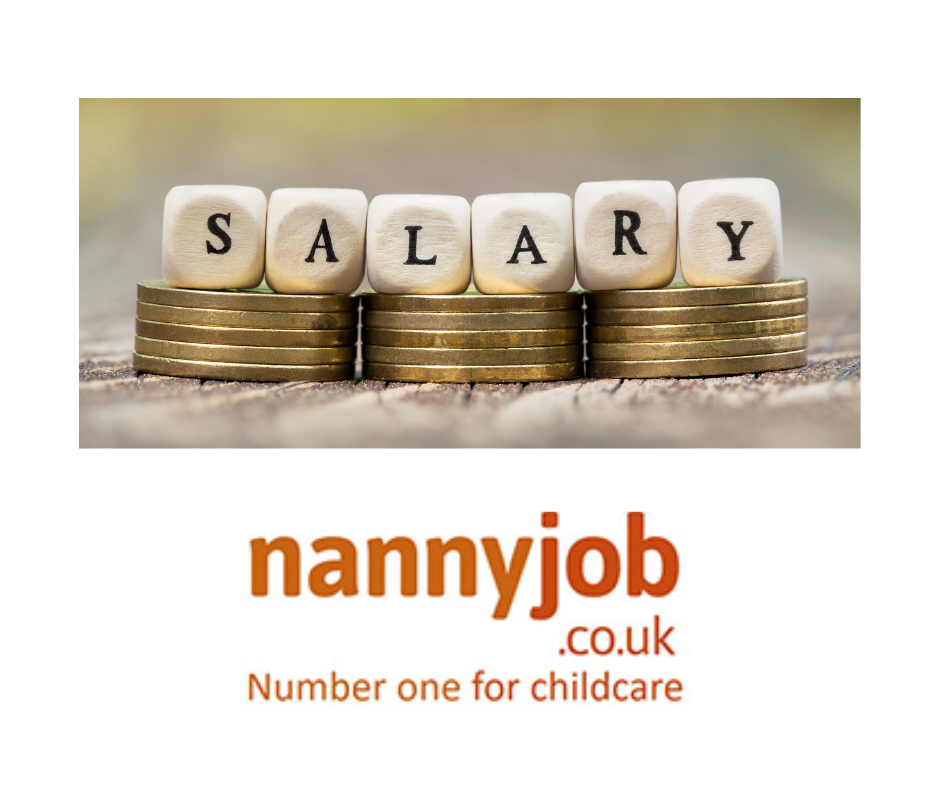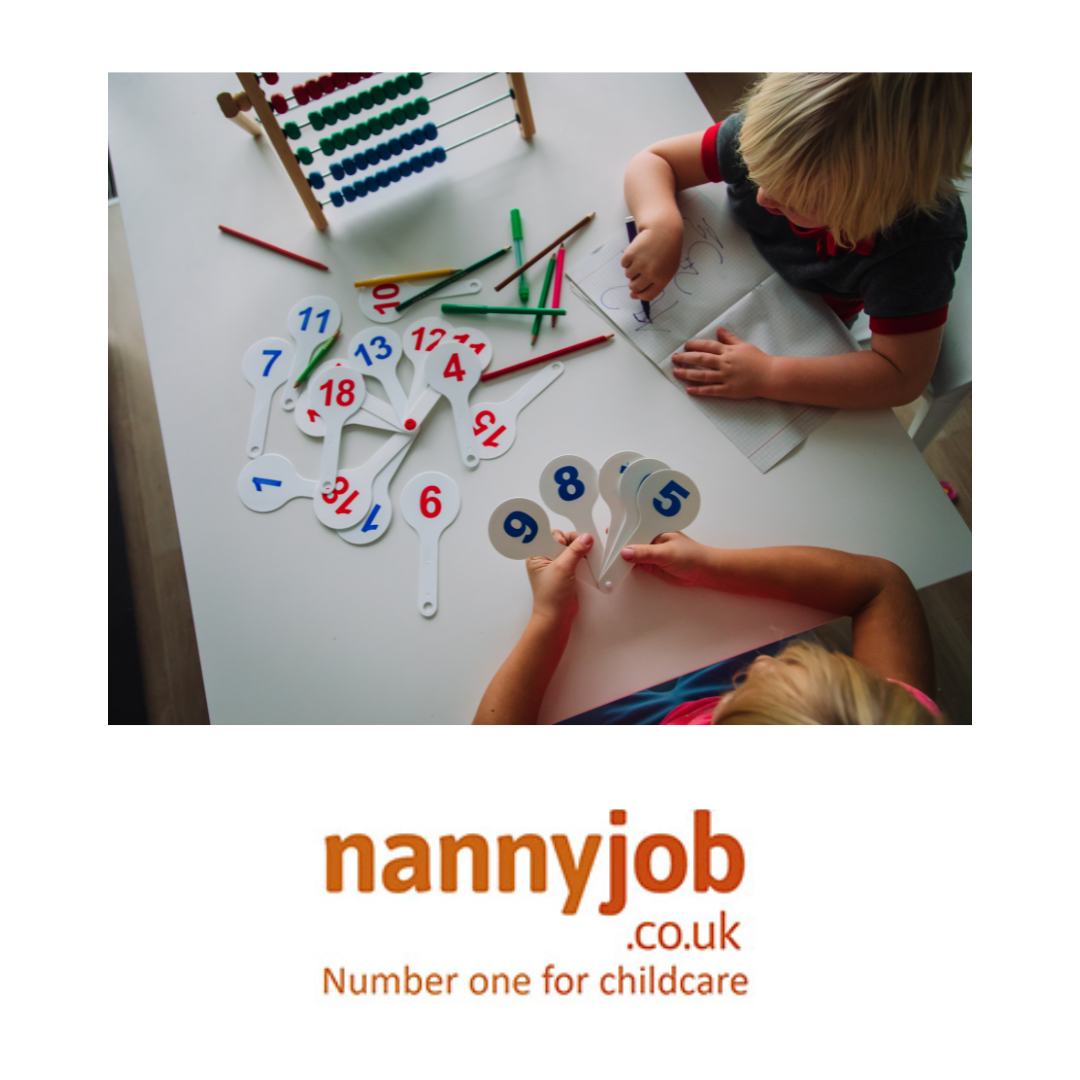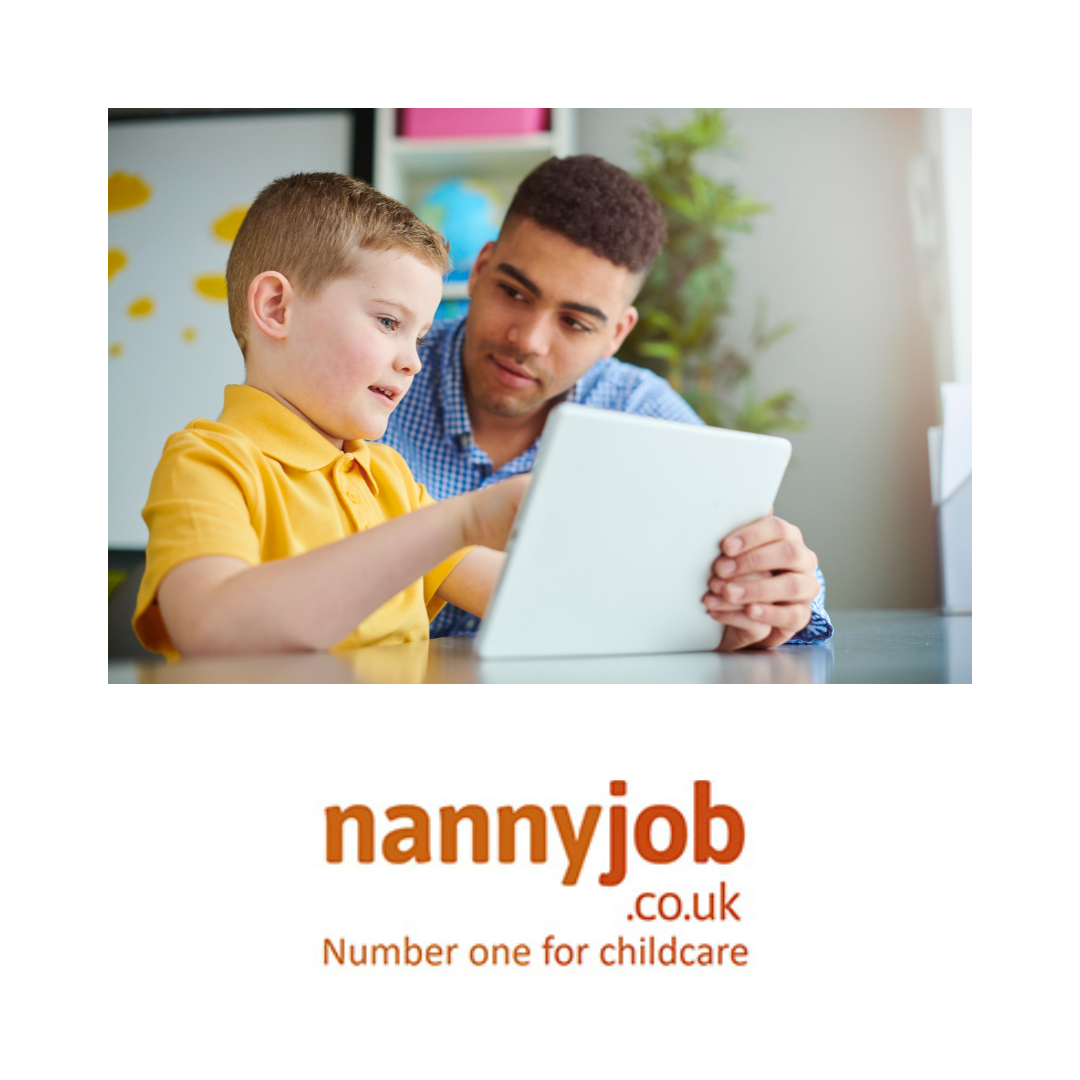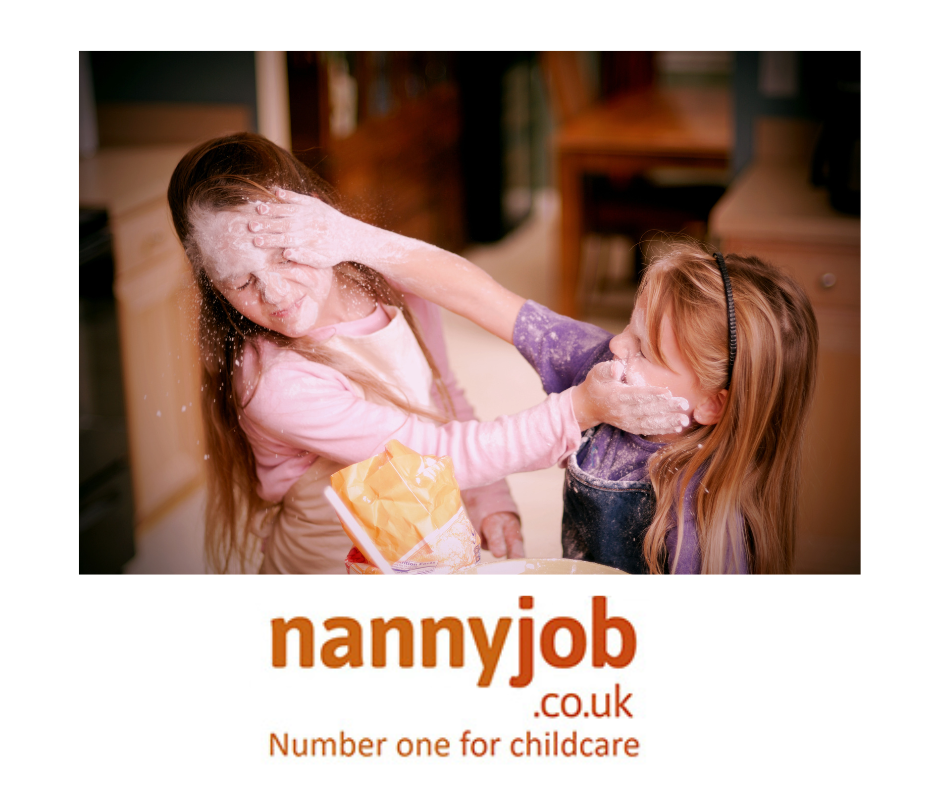Reading is more than a fundamental skill; it’s a window to the world, opening the door to countless adventures, characters, and experiences. For children, developing a love of reading can inspire creativity, foster empathy, and lay a solid foundation for lifelong learning. As nannies, we play an integral role in fostering a love for reading, and here are some practical tips to make books a beloved part of a child’s life.
Reading is more than a fundamental skill; it’s a window to the world, opening the door to countless adventures, characters, and experiences. For children, developing a love of reading can inspire creativity, foster empathy, and lay a solid foundation for lifelong learning. As nannies, we play an integral role in fostering a love for reading, and here are some practical tips to make books a beloved part of a child’s life.
1. Make Reading Interactive
Interactive reading involves more than just reading the words on a page. Encourage children to engage with the story by asking questions, predicting what will happen next, or discussing the characters’ emotions and actions. This active involvement makes reading a dynamic, enjoyable experience and strengthens comprehension skills.
2. Create a Comfortable Reading Environment
A cosy corner with comfortable seating, good lighting, and a selection of books can create an inviting reading environment. It can be a special place for children to curl up with a book, fostering a positive association with reading.
3. Choose Age-Appropriate Books
The right book can make all the difference in fostering a love of reading. Ensure the books you choose are appropriate for the child’s age and reading level. Picture books are great for younger children, while older kids might enjoy chapter books or graphic novels. Remember, it’s about enjoying the story, not struggling through it.
4. Read Aloud Together
Reading aloud isn’t just for pre-readers. Even older children can benefit from listening to a story read aloud. It’s an opportunity to model fluent reading, discuss the text, and simply enjoy a story together. Plus, it can become a cherished part of your daily routine.
5. Lead by Example
Children often imitate adult behaviour. By showing your own enjoyment of reading, children are more likely to view it as a pleasurable activity. Talk about the books you love and share your enthusiasm for reading.
6. Incorporate Books into Play
Using books as a part of play can help children see reading as a fun, enjoyable activity. Act out stories, create art based on a book, or use a tale as a jumping-off point for imaginative play.
7. Visit Libraries and Bookstores
Libraries and bookstores can be magical places for children. Regular visits can introduce children to a variety of books, foster a sense of independence as they choose their own books, and help them see reading as an integral part of life.
By using these strategies, we can help children discover the joy of reading and the exciting worlds that books open up. As the late, great Dr. Seuss said, “The more that you read, the more things you will know. The more that you learn, the more places you’ll go.” Happy reading!


